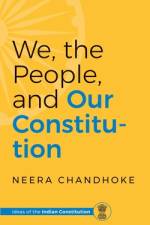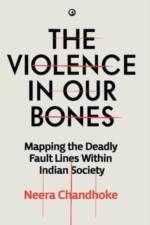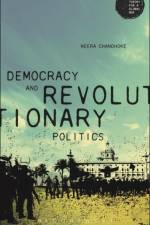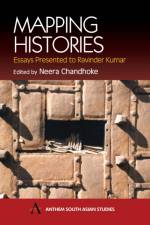av Neera Chandhoke
295,-
The foundational ideas of Indian democracy-fraternity, equality, secularism,justice-are not alien concepts. As this book shows, from the earliest attemptwith the 'Constitution of India Bill' in 1895, whose authorship is unknown,to the 1925 Commonwealth of India Bill, the Motilal Nehru ConstitutionalDraft of 1928 and various Congress resolutions to the Constituent Assemblyof 1946, we see these basic ideas reiterated again and again. With the adoptionof the Constitution, 'we, the people' merely affirmed our faith in an idea offreedom that thousands of Indians had fought and died for.Among the many distinguishing features of our Constitution is the role ithas played in realizing the promises of the freedom struggle. We see how,creative interpretations by the judiciary aside, it has provided the blueprint forinterventions by civil society to protect the citizen from both the brazennessof political power as well as the uncertainties of a developing economy. Nowonder, then, that in the decades since Independence, the Constitution hasbecome our very identity as Indians. For all its shortcomings, it has held ourdemocracy together, and the people have, likewise, stepped up in its defencewhen needed, like they did in 2019 to protest the ominous amendments tothe Citizenship Act.In this lucid yet passionately argued essay, distinguished scholar of politicalscience Neera Chandhoke shows us why our Constitution is as much apolitical and moral document as it is a legal one, and as Indian as the republicit created.




